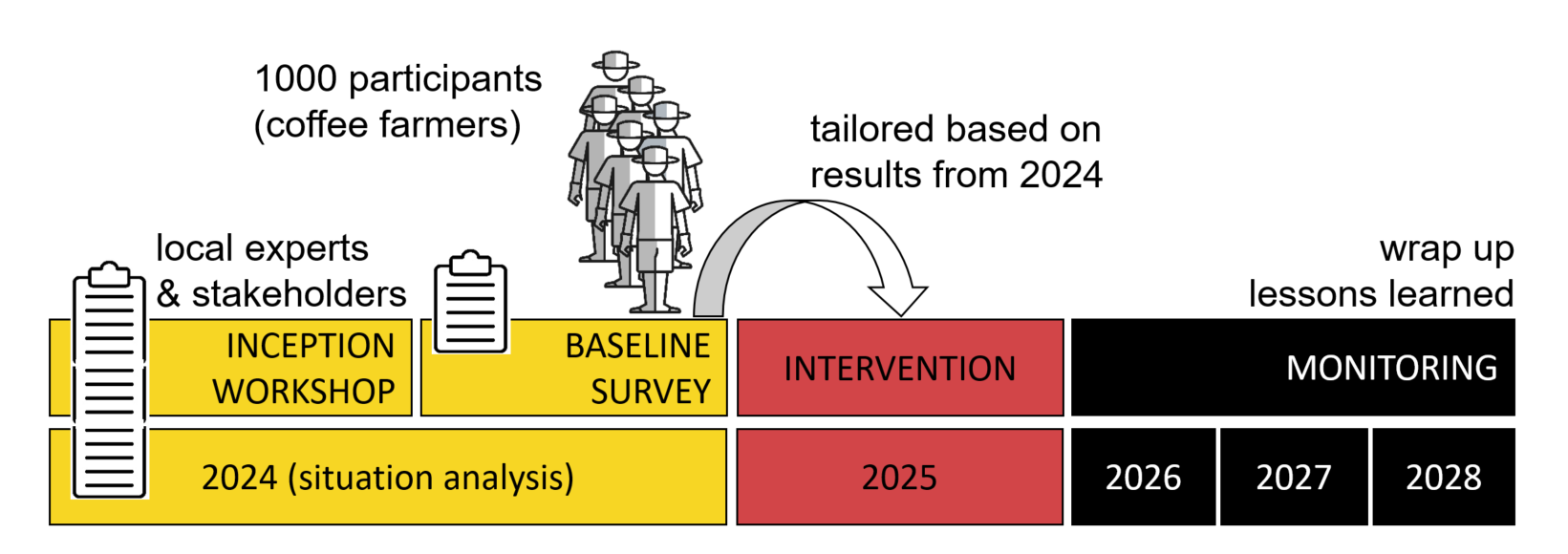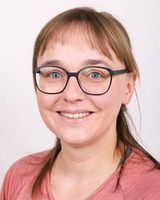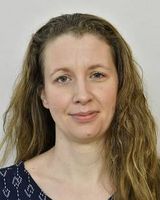FarmCo Uganda
Occupational Risks, Health and Well-Being of Coffee Farmers in Mbale Region
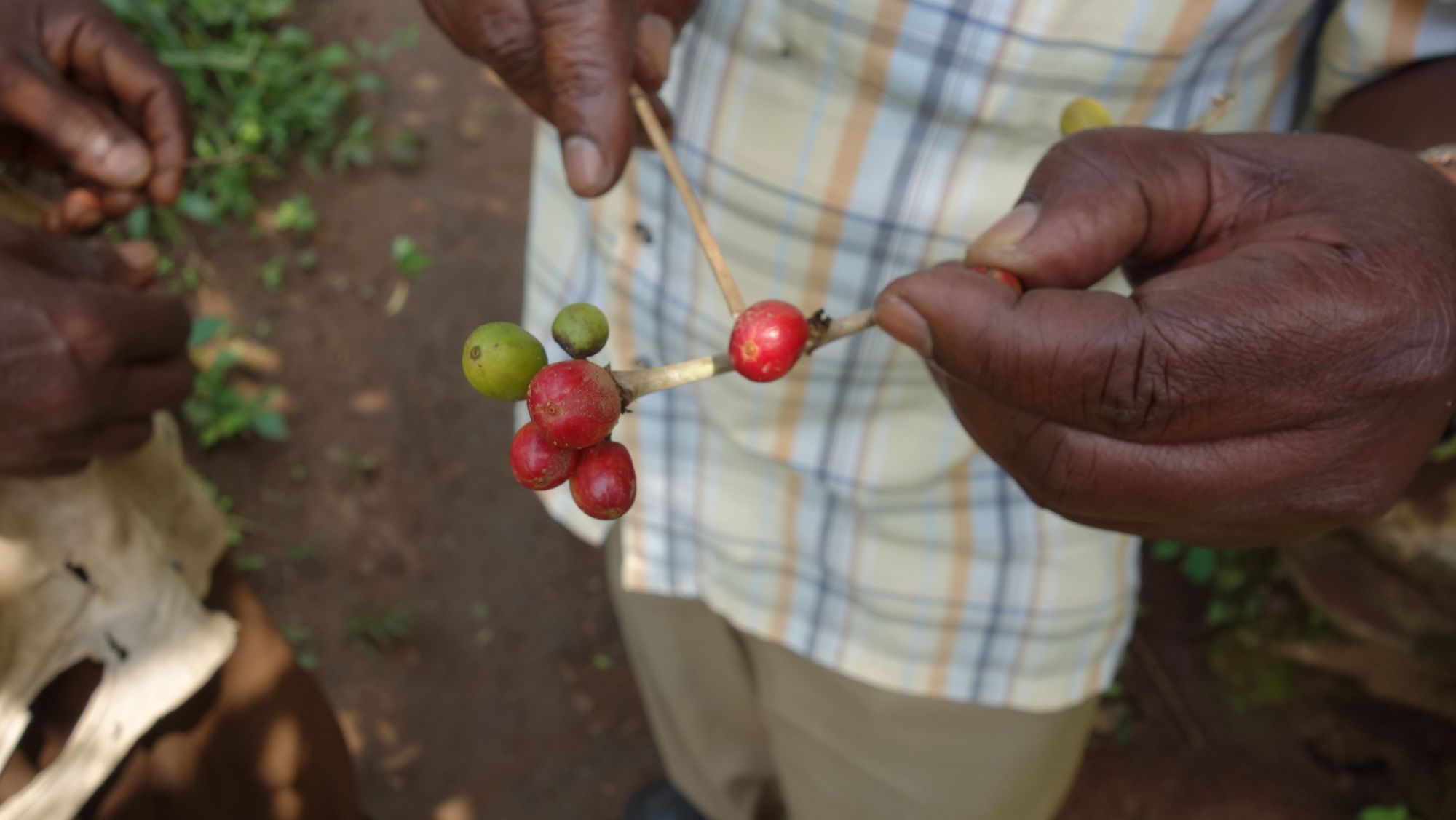
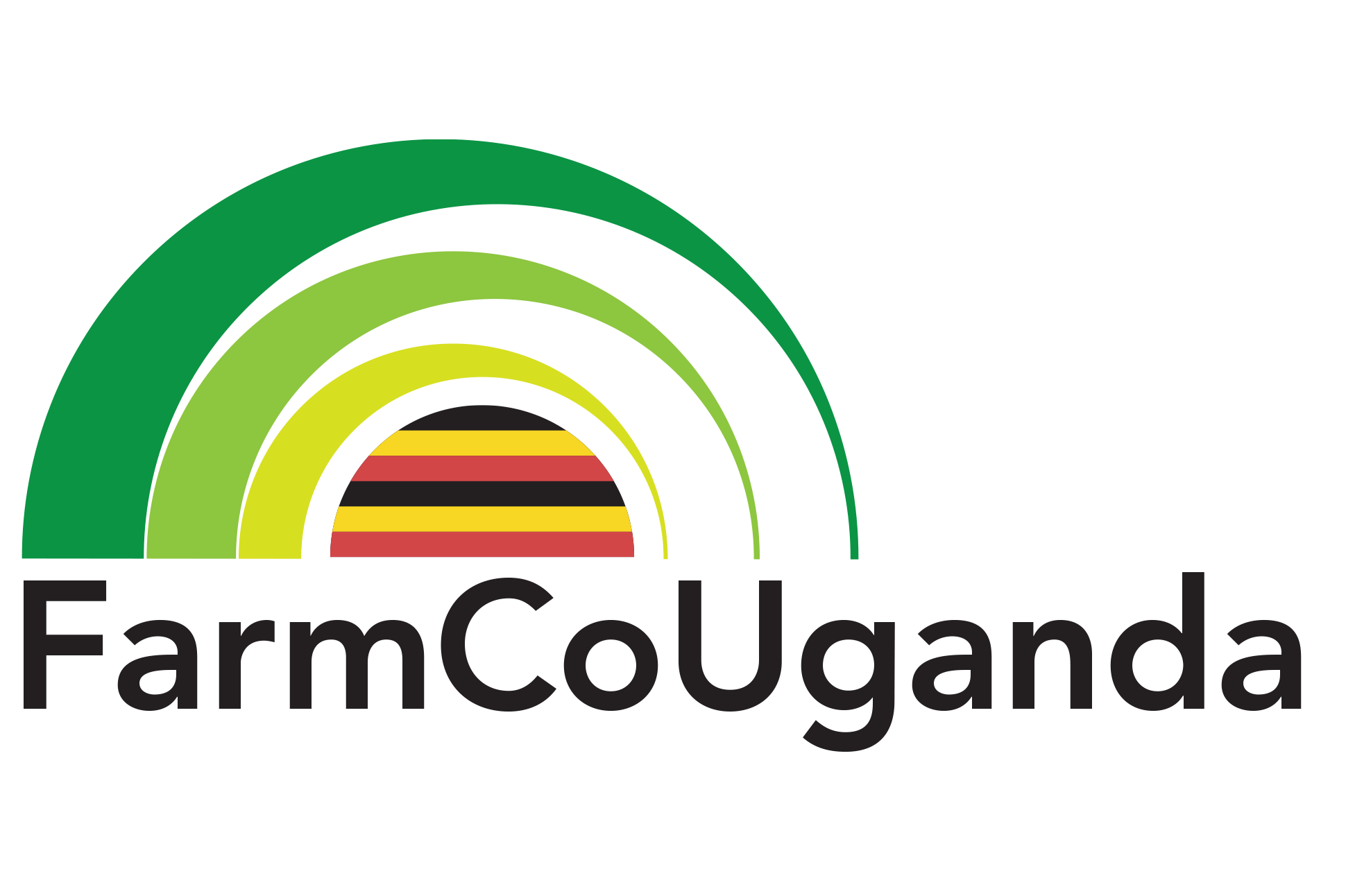
Study aim
This study aims to investigate the self-reported physical and mental health and well-being of conventional and organic smallholder coffee farmers in the Mbale region of Uganda. The information will be valuable for developing public health programs and providing relevant data for policymakers and health professionals working in agriculture.
Why is this important?
Agricultural workers are the world’s largest workforce. All over the world, farming is also one of the occupations with the most work-related injuries, accidents and other health risks. While the recent push towards more sustainable farming practices certainly has health benefits for producers (e.g., due to reduced exposure to synthetic pesticides), there are also possible risks associated with more sustainable farming. For example, using high amounts of “organic pesticides” such as sulfur powder (e.g., leading to respiratory health effects), working longer and more exhausting hours, and more economic insecurity have been found in studies comparing the health of organic versus conventional farmers in Uganda.
Who participates in the study?
Farmers in the Mbale region who are at least 18 years of age who own their farms and have coffee as their primary cash crop.
Study procedure
This study includes interviews with 1000 smallholder farmers producing conventional or certified organic coffee in the Mbale region. Farmers will be asked about details of their farm, their experience of occupational risks, and their physical and mental health and well-being via a locally adapted questionnaire.
Frequently Asked Questions
We want to have a real impact on the farmers' health. Therefore, we will closely collaborate with local stakeholders and finally communicate our findings on health and well-being to government representatives and occupational health experts. Additionally, we aim to publish one or two scientific papers and present our study's outcomes at national and international conferences. All data is anonymised and combined before publication, making it impossible to track or identify individual survey participants (see “data security” below).
This project, funded by the Swiss National Science Foundation (SNSF) Starting grant project, is conducted independently by our research team. We confirm there is no conflict of interest, and the study is free from external influences, including intellectual, financial, or proprietary agendas. This commitment ensures the independence and reliability of our research.
Project partners are the Uganda National Association of Community and Occupational Health (UNACOH), Makerere University and the Swiss Tropical Public Health Institute associated to the University of Basel.
Throughout the study, we will collect personal and health data. The research team is fully committed to securely storing your personal and research information. This study has been reviewed and approved by both the Higher Degrees, Research, and Ethics Committee at Makerere University in Uganda and the Ethics Committee Northwestern and Central Switzerland. These approvals ensure that the study meets the highest ethical standards, further safeguarding the privacy, safety, and confidentiality of your data through all stages of the research process.
